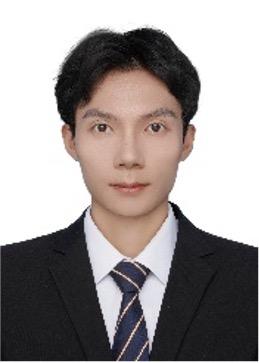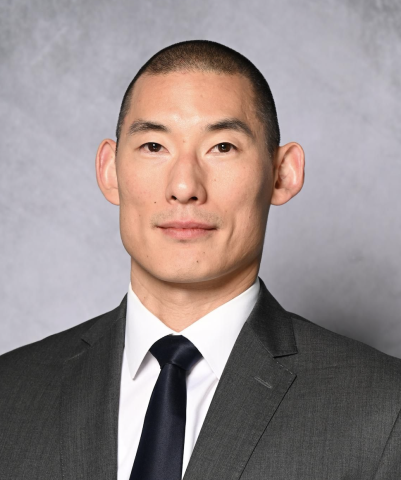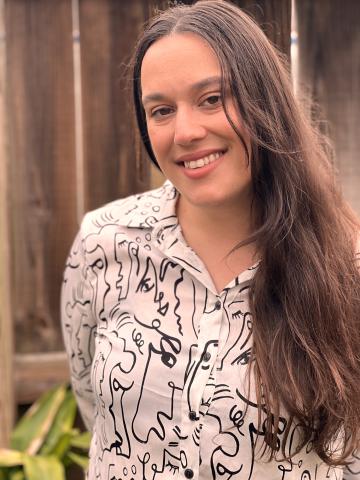Matthew Deinhardt
Matthew Deinhardt
Marketing and Communications Manager
Biography
Matthew Deinhardt is the Marketing and Communications Manager at Tulane University’s School of Science & Engineering. Deinhardt joined the Tulane team in August 2024, with over a decade of experience planning and promoting major national events and working in civil advocacy. He advocated for expanded civil rights for Latinos at the National Council of La Raza (now UnidosUS) in Washington, DC. He championed greener chemistry and engineering solutions at The American Chemical Society’s Green Chemistry Institute in DC and expanded executive education opportunities for government employees through the Brookings Institute’s partnership with WashU in St. Louis. He most recently worked on Madison Avenue as a marketing manager for the media company, Trooh. He also advocates for marginalized communities in his free time as a volunteer for the Human Rights Campaign, the Trevor Project, and the ACLU. Deinhardt earned his BBA degree from The College of William & Mary, double majoring in Marketing and French and Francophone Studies.








